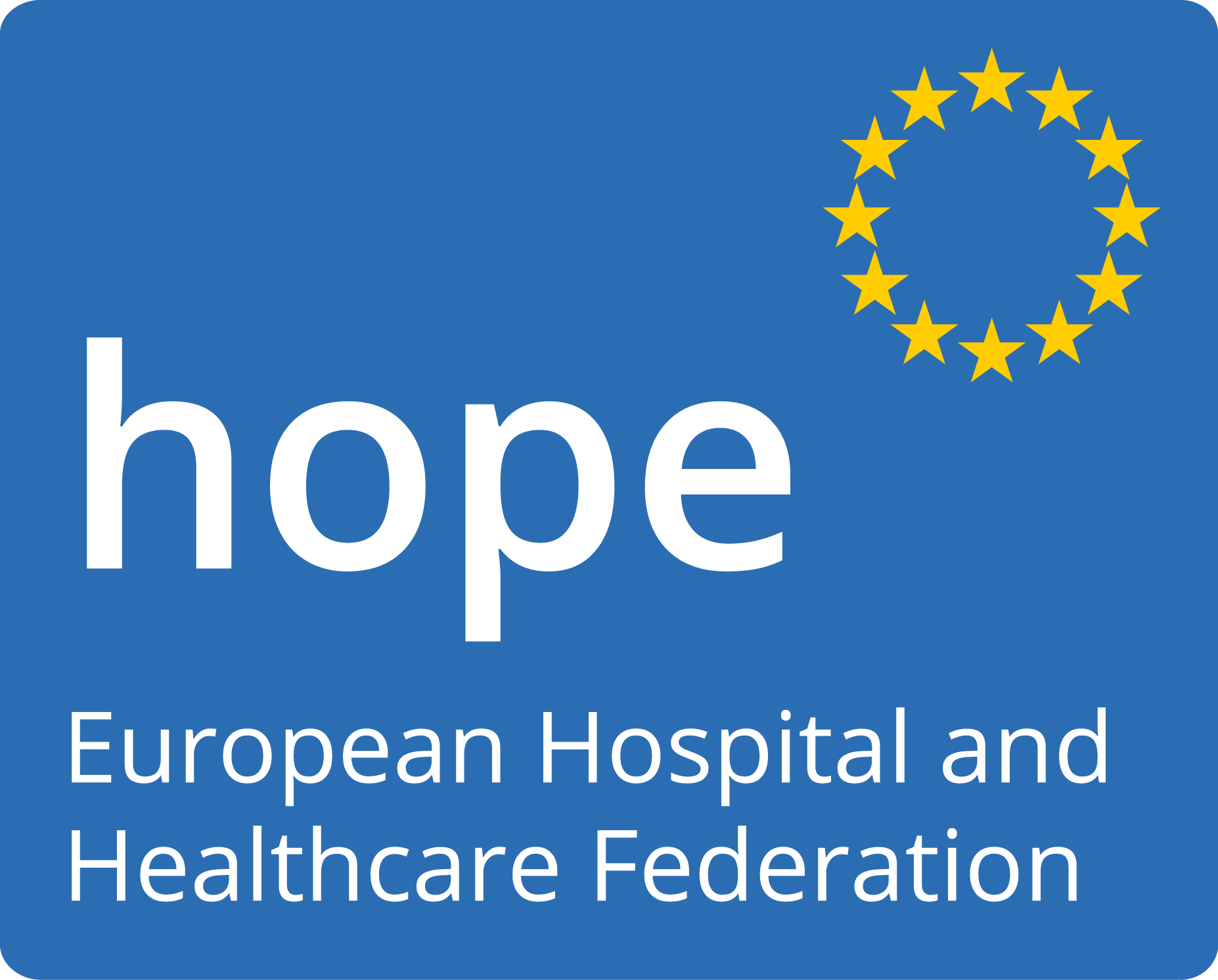Prevention at the basis of quality cancer care in the European Union
Quality in relation to cancer services is recognized as a major priority of today’s health challenges in terms of non-communicable diseases. HOPE recognized preventive services and their organisation as a factor that may contribute to the reduction of cancer prevalence.
Therefore, the project aimed to identify good practices in those preventive services which, if implemented, could help to decrease variation in cancer survival across the Member States of the European Union. The project examined, through a comparative study of survival rates, where possible preventable cancer deaths occurred and then reviewed cancer services across the European Union.
The study, which was completed in 2001, was carried out in two phases. Phase I looked at 15 member states of the European Union. Detailed questionnaires in relation to Health Promotion and the Organisation of Cancer Services were circulated to all countries in the Union. Phase II of the study was undertaken by a team visiting the five countries identified to obtain more detailed information on health promotion services and the organisation and treatment specifically related to the four cancers – lung, breast, cervix, and colorectal. Specific information was obtained in relation to population awareness, developments in health promotion, screening services, treatment, change in services, organisation of care, treatment protocols, quality criteria, socio-economic factors, lifestyle, risk factors and survival, mortality, and data collection.
The project was finalised by releasing a detailed Report on the findings and results of the undertaken study.
